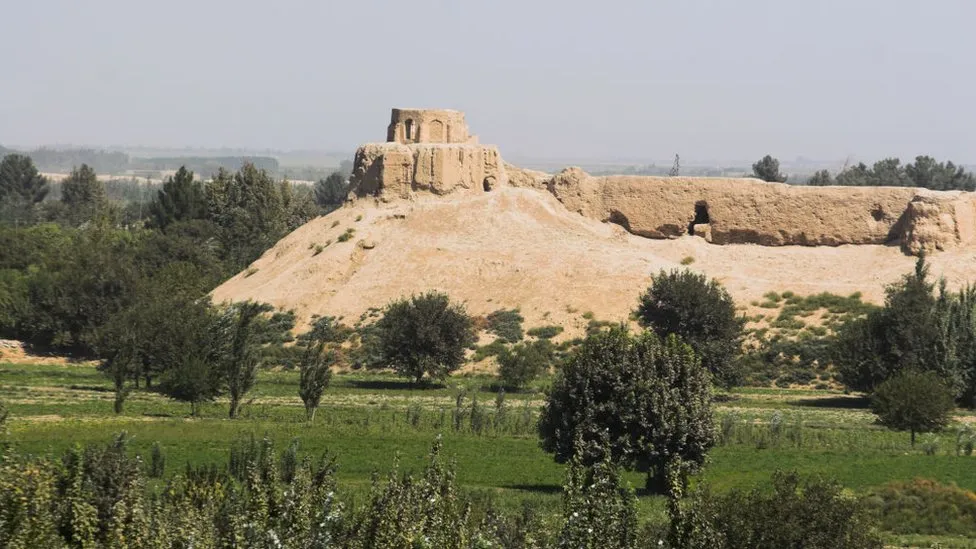- Joined
- Aug 10, 2005
- Messages
- 11,990
I heard a really interesting programme on BBC Radio4, the other day.
Various differing interpretations based on the data retrieved from excavations on ancient sites, in this case the enormous Iron Age site of Maiden Castle. The well known British archaeologist Sir Mortimer Wheeler dug the site, back in the 1930s and built up a convincing narrative of British tribes-people fighting a rearguard action against the invading Romans and being massacred when the troops of Vespasian over ran the fort.
More recent digs and re-evaluations of the available evidence have produced different narratives, more in keeping with the prevailing concerns of the times.
Fascinating stuff.
Various differing interpretations based on the data retrieved from excavations on ancient sites, in this case the enormous Iron Age site of Maiden Castle. The well known British archaeologist Sir Mortimer Wheeler dug the site, back in the 1930s and built up a convincing narrative of British tribes-people fighting a rearguard action against the invading Romans and being massacred when the troops of Vespasian over ran the fort.
More recent digs and re-evaluations of the available evidence have produced different narratives, more in keeping with the prevailing concerns of the times.
Fascinating stuff.
http://www.bbc.co.uk/programmes/b00qgwcr
The Voices Who Dug Up The Past
[BBC iPlayer Episode 1]
Broadcaster and archaeologist Mike Pitts delves into the question of why different archaeologists can dig the same sites yet reach completely different conclusions.
Mike visits Britain's biggest Iron Age hill fort, Maiden Castle, and, through archive, diary excerpts and interviews, relives two seminal digs that took place there in the 1930s and 1980s. Is it a monument tied up in Roman warfare and invasion, or a structure symbolising power and exclusion from the outside world? Featuring interviews with Niall Sharples, Beatrice de Cardi, Ian Armit and Chris Sparey-Green.
Available since Monday with 4 days left.
1/2. Archaeologist Mike Pitts visits Britain's biggest Iron Age hill fort, Maiden Castle.



 as a Lady Archaeologist I would like to know why knowing a Lady was involved is relevant? The phrase was dropped by the profession before the late 70s .
as a Lady Archaeologist I would like to know why knowing a Lady was involved is relevant? The phrase was dropped by the profession before the late 70s . This one just happened to be a Lady. . . maybe I should have just said "she," but I think 'lady' sounded far better.
This one just happened to be a Lady. . . maybe I should have just said "she," but I think 'lady' sounded far better.
 "
"